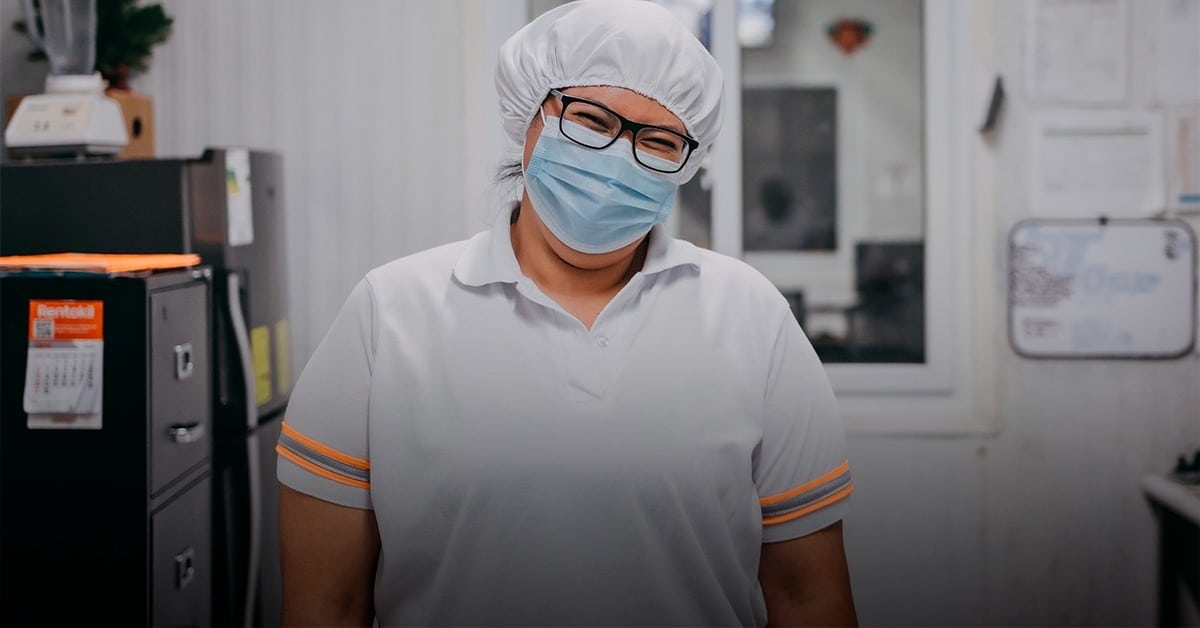Toward Decent Work and Economic Growth
Toward Decent Work and Economic Growth
The International Labour Organization‘s (ILO) 8th Sustainable Development Goal (SDG8): “Promote inclusive and sustainable economic growth and decent work for all” aims to promote full and decent employment while achieving inclusive economic development. “This drives progress to improve the living standards of all people. The eradication of poverty depends, to a certain extent, on stable work with living wages.”
What is decent work?
According to the (ILO), decent work is work that dignifies and allows the development of one’s capabilities. In other words, it is work that provides personal, economic and professional development opportunities for employees by respecting labor rights and principles, providing a fair income according to the work performed, promoting inclusion, protecting people socially and encouraging dialogue. Decent work is characterized by four elements:
- Rights at work
- Employment opportunities
- Social protection
- Social dialogue
What are the SDG8 targets?
Some of the goals that are expected to be achieved by 2030 are:
- Sustain economic growth according to the local context and increase Gross Domestic Product.
- Achieve higher levels of productivity of economies through diversification, technological upgrading and innovation.
- Achieve full and productive employment and decent work for all women and men, including for young people and persons with disabilities, and equal pay for work of equal value.
- Eradicate forced labour, end modern slavery and human trafficking and end all forms of child labour.
- Protect labour rights and promote safe and secure working environments for all workers.
We are doing business the right way
At AgroAmerica, we respect the rights of all our employees and we work with suppliers that are also committed to following the principles and practices of decent work. This minimizes operational risks while optimizing costs and allows transparent and responsible access to new markets. To ensure this, our Human Rights Policy was updated in 2021 to reaffirm our commitment to the people who work with us.
Human rights training for employees
Additionally, we provide training for our staff, our suppliers and other companies involved in our operating plants so workers are aware of their rights and the importance of respecting them. Throughout 2021, we succeeded in training more than 3,800 employees on our internal policies.
Promoting decent work contributes to democracy and social integration. It also enables men and women to have access to the same opportunities

